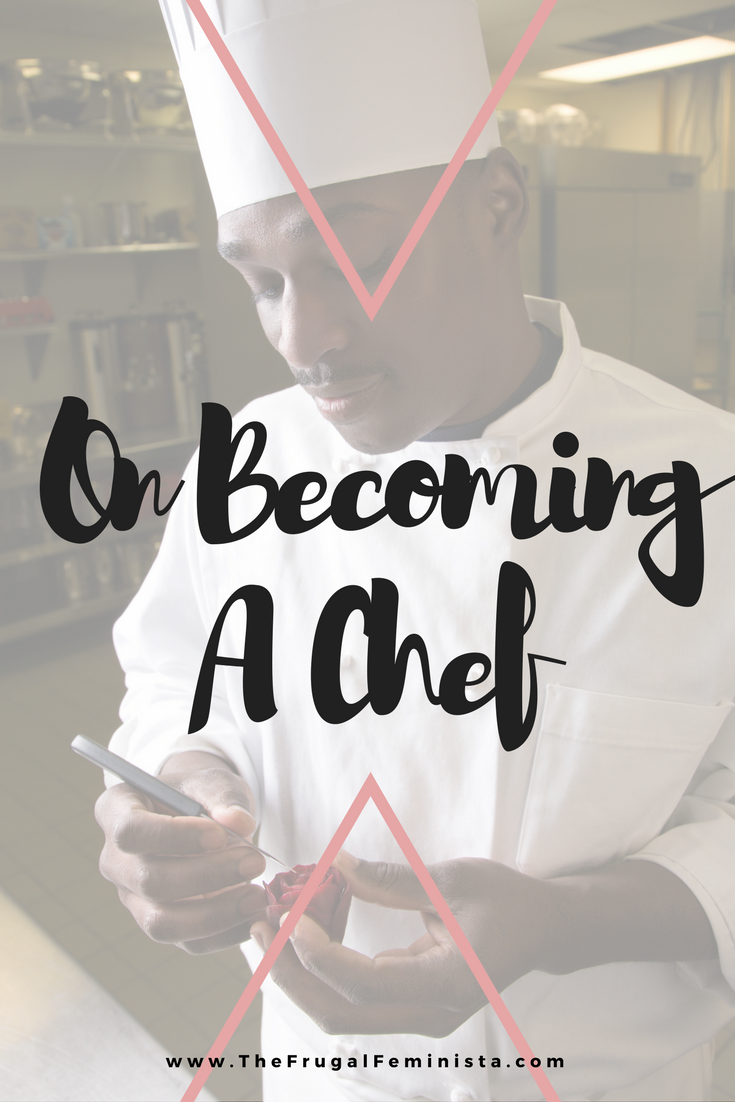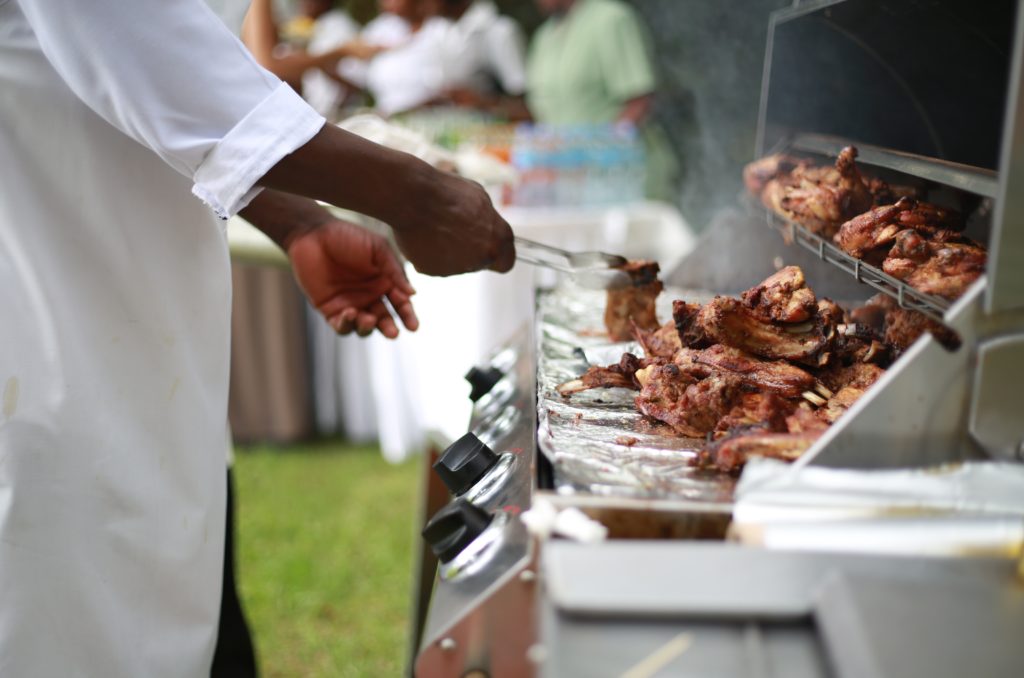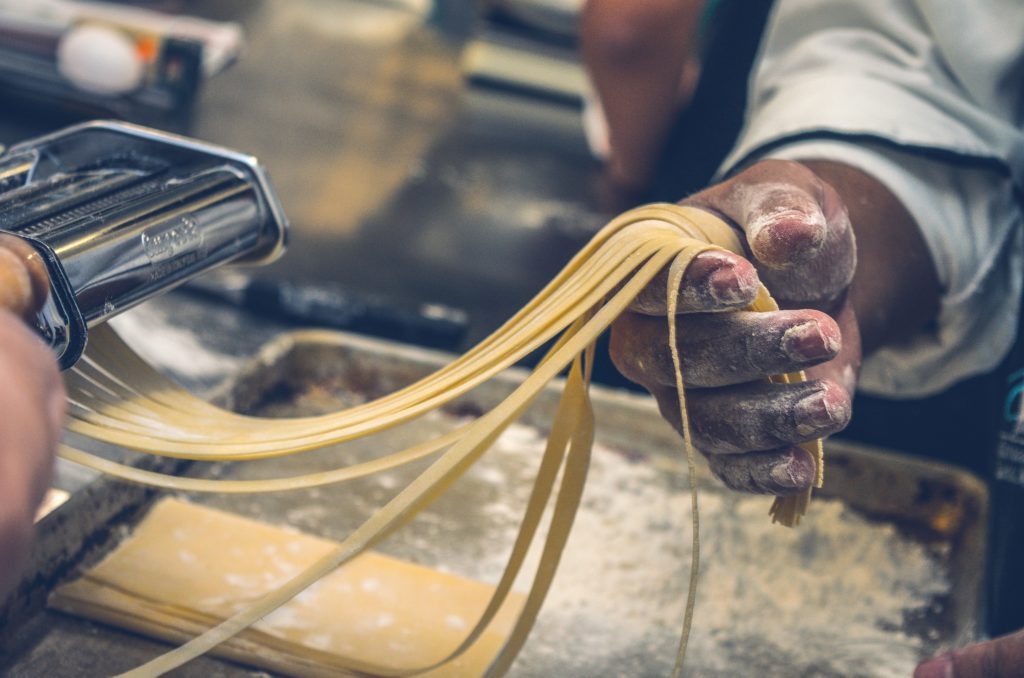
One of the most memorable quotes from the documentary On Becoming Warren Buffet comes from the billionaire and philanthropist himself. When asked about the best way to choose a career, he said that one should not worry about making money, but should focus on what they would do if money weren’t an issue.
[Tweet “one should not worry about making money, but should focus on what they would do if money weren’t an issue.”]
Implicitly, this lead-with-your-passion advice also applies to those of us in search of the ideal side hustle. Side-hustles, or the entrepreneurial pursuits outside of a 9-5, have the most potential to lead to personal and financial fulfillment when chosen wisely.

On Becoming a Personal Chef
Barbara Naadjie, a personal chef and founder of Barbara’s Food Creations would agree. Barbara has always been a social butterfly and knew her way around the kitchen. Plus, as a single mother, she wanted to create her own schedule so she could spend more time with her two children and cut down on the cost of childcare.
Although it seems obvious in hindsight, it took a friend to introduce Naadjie to the possibility of making a living by cooking meals for busy friends and family members with special dietary and culinary needs, “I would cook for friends for free ocassionally, but one day, a friend suggested that I cook for her family on a weekly basis and get paid for it. After cooking for them for three weeks, I was hooked,” says Naadjie.
But being a personal chef goes beyond cooking and pots and pans. Depending on client preferences, personal chef services may include grocery shopping, onsite meal prep, and kitchen clean-up. For clients without in-service needs, personal chefs have to package and label all meals with heating and freezer storage instructions. But in a growing industry where personal chefs earn, on average, $35-$50 per hour with little overhead, curating unique meal planning and preparation experience remains worthwhile.
 Photo by Jorge Zapata on Unsplash
Photo by Jorge Zapata on Unsplash
There are few barriers to entering the personal chef sector. Building a clientele base can be as simple and low-cost as asking for referrals from happy customers or using social media platforms like Instagram and Facebook to showcase menus or create tutorials, which Naadjie prefers to do. Adding your profile to sites like Thumbtack and PlateDate can help you reach larger numbers of potential clients while keeping you current and fresh about what other personal chefs are offering.
Naadjie, a native Ghanaian who also specializes in preparing Ghanaian dishes in particular, and West African food, in general, cautions aspiring personal chefs to think about all business aspects before diving in, “You’ll need insurance to help protect you and your business in case someone gets ill.” On top of that, personal chefs also have to pay attention to hidden costs like transportation and the changing costs of seasonal ingredients.
Naadjie’s success as a personal chef has opened the doors to larger and more lucrative catering opportunities, “I started small—with one or two clients—but now I’ve moved onto catering weddings throughout the Tri-state area or having my own life events that showcase other businesses or working as a vendor at highly visible branding experiences like Restaurant Week and Africa Week.”
If you’re a foodie with a passion for cooking and customer service and aren’t afraid of a minor cut or burn, consider becoming a personal chef. As overworked Americans crave more and more convenience and customization, personal chef services may be a great way to capitalize on this need while expressing your creativity.